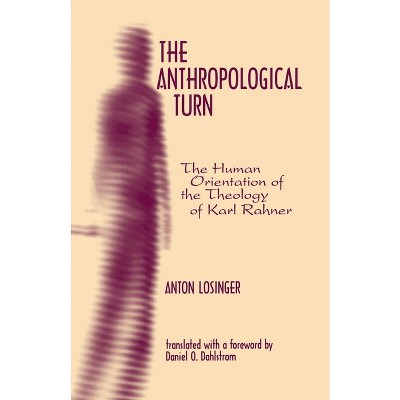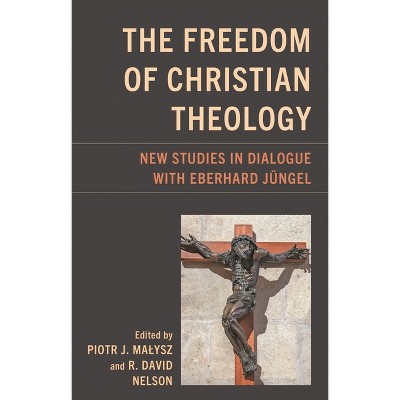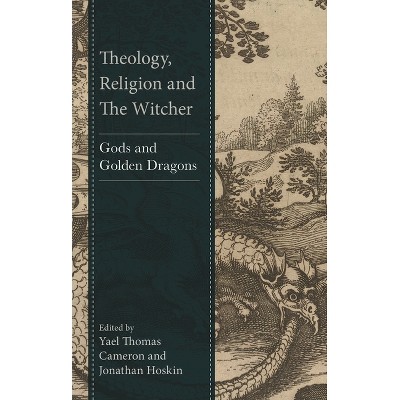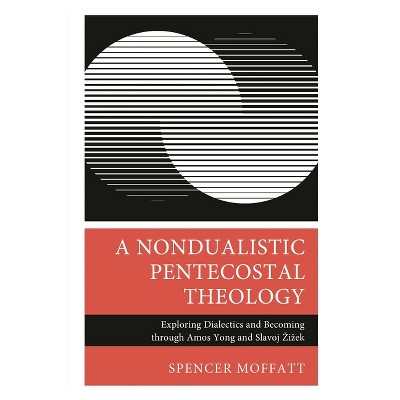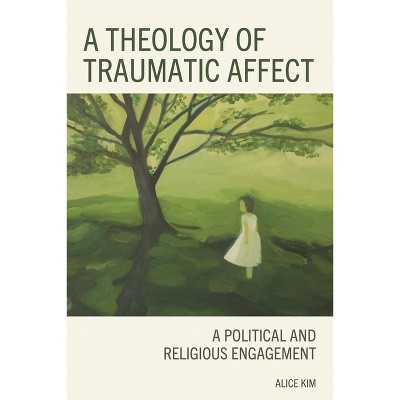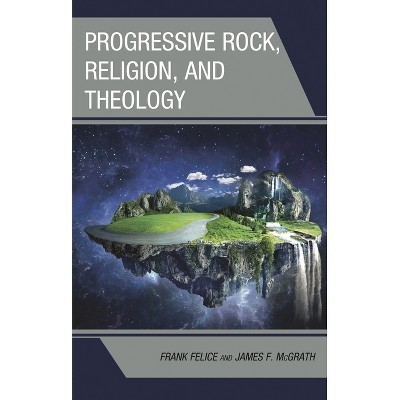Theology of Ethnocultural Empathic Turn - by Branko Sekulic (Hardcover)

About this item
Highlights
- The Theology of Ethnocultural Empathic Turn: Getting to the Core of Sacralized Crime delves into the roots of ethnoreligious tensions in the former Yugoslav territories and it provides a comprehensive understanding of this specific politico-religious issue, exposing how the sacralization of ethnonational mythology influences present-day conflicts.
- About the Author: Dr. Theol.
- 266 Pages
- Religion + Beliefs, Theology
Description
About the Book
The Theology of Ethnocultural Empathic Turn uncovers the roots of present-day ethnoreligious conflict, proposing an "ethnocultural empathy turn" inspired by ethnocultural empathy as a branch of social psychology and the example of Jesus' turn in Matthew 15:21-28, and advocatin...Book Synopsis
The Theology of Ethnocultural Empathic Turn: Getting to the Core of Sacralized Crime delves into the roots of ethnoreligious tensions in the former Yugoslav territories and it provides a comprehensive understanding of this specific politico-religious issue, exposing how the sacralization of ethnonational mythology influences present-day conflicts. Through meticulous analysis, the author examines the intertwining of (ethno)totalitarianism and (ethno)clericalism in mentioned areas. Transitioning from historical analysis to proposing a solution, the author advocates for an "ethnocultural empathy turn," integrating ethnocultural empathy as a branch of social psychology with the example of Jesus's turn in Matthew 15:21-28. This book contributes significantly to developing the first Balkan contextual theology, drawing upon new political theology and theologies of liberation.
Review Quotes
Branko Sekulic makes the rather opaque interweaving of political, social, and religious aspects in the post-Yugoslav region clear and plausible for outsiders. Above all, however, this interweaving is recognized as exemplary: firstly for other ethno-religious conflicts, which may increase in the future, and then above all for newly emerging political theologies, for newly emerging variants of traditional liberation theology.
Branko Sekulic's first book articulated the unequivocal theological rejection of ethno-religious identities on the European peripheries; with his second book, he takes upon himself a task that is both more urgent and more difficult--to develop a constructive trajectory for tackling ethnoreligiosity and ethnoclericalism as they legitimize the exclusion and violence. Sekulic's response is "the theology of the ethnocultural empathetic turn," which affirms the universal humanist thrust of Christianity while embedding it in concrete contexts and concrete actors. His book is a powerful reminder why our populist moment requires that we move beyond merely critical and toward constructive and contextualized theological discourses: only such discourses, Sekulic argues, can defeat the dangers of contemporary nativist religio-nationalisms.
In his original and thought-provoking book, Sekulic examines how church structures sacralize ethnonational agendas, transforming them into quasi-religions that fuel interethnic conflicts, but he also shows how academically informed theology can counter this ideology by providing a way out. This work offers a vision of hope, grounded in scriptural inspiration, with a clear message: no society is condemned to endlessly repeating patterns of inter-group animosity.
About the Author
Dr. Theol. Habil. Branko Sekulicis adjunct professor at the University Center for Protestant Theology "Matthias Flacius Illyricus" in Zagreb, president of the Institute for Theology and Politics.Shipping details
Return details
Trending Non-Fiction






